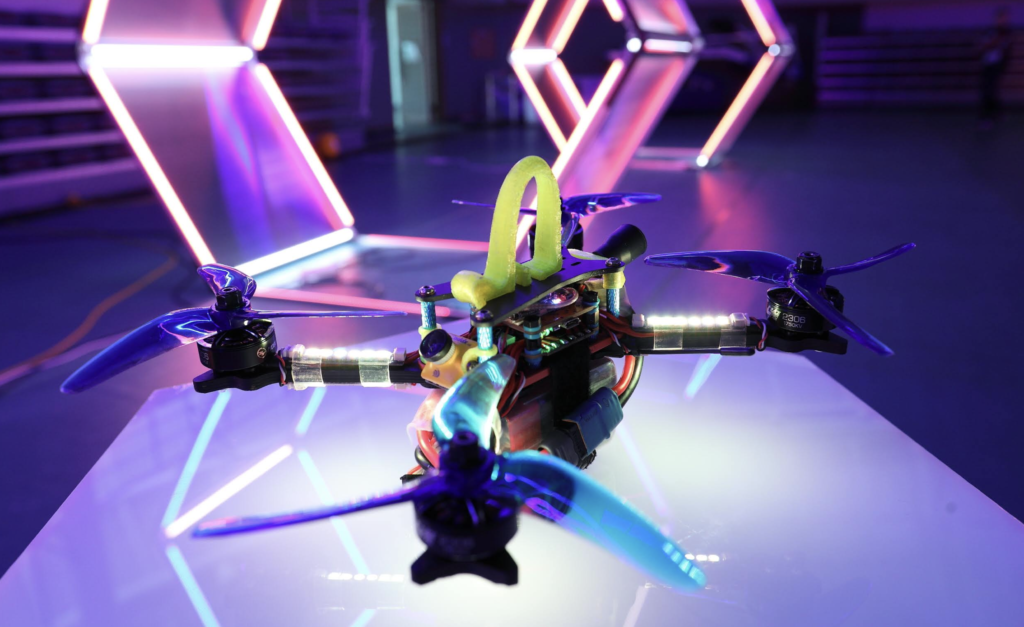First it was chess and then video games like StarCraft or Gran Turismo. The ability of machines to beat humans now extends to drone racing, where an AI system called Swift has beaten some of the world’s best pilots.
Swift’s achievements are published in the journal Nature, in a study signed by Swiss and Dutch researchers who consider this result a milestone in the field of mobile robots and artificial intelligence.
In addition, they estimate that the system could inspire the deployment of learning-based hybrid solutions in other physical systems, such as autonomous ground vehicles, aircraft and personal robots.
Swift has faced off in a series of races with first-person view drones, in which you can experience the sensation of flying as if you were inside a drone thanks to virtual reality glasses.
The overall result of the AI competition against three professional drivers was 15 races won by Swift compared to 10 races won by humans.
The team, coordinated by Elijah Kaufmann of the University of Zurich (Switzerland), designed an autonomous system capable of competing with physical vehicles at the level of human world champions.
The system combines deep reinforcement learning in simulation with data collected in the physical world, and uses a combination of learning-based and conventional algorithms to convert on-board sensory readings into control commands.
You may be interested: Europe supports updating Pfizer’s vaccine to sub-Omicron variants
Maximum learning: Swift AI outperforms expert pilots in drone racing
Getting to the level of a professional pilot with an autonomous drone is challenging because the robot needs to fly with the physical limit by estimating its speed and position on the track exclusively from the onboard sensors.
In a series of races on a real track designed by a professional drone racing pilot, Swift competed against three humans, including world champions from two international leagues.
Alexandre Vanover, 2019 Drone Racing World Champion; Thomas Pitmata, two-time International Open World Cup MultiGP Champion, and Marvin Schepper, three-time Swiss National Champion.
The quadcopters used by Swift and the human pilots had the same weight, shape and thrust, and were similar to the drones used in international competitions.
The human drivers had a week of training in the circuit, after which they competed against Swift in several head-to-head races.
Not only did Swift top overall wins over professional drivers, but he also set the fastest race time ever recorded on the track, half a second ahead of someone’s best time.
It was Vanover who put the best in front of the machine, of the nine races he won four and lost five; While Schipper won three and lost six. All told, Pitmata only competed seven times, winning three of them.
The study also collects the views of pilots after encountering AI, including Schipper who said that “racing against a machine is different, because you know the machine never gets tired.”
With information from EFE.

“Proud web fanatic. Subtly charming twitter geek. Reader. Internet trailblazer. Music buff.”

:quality(85)/cloudfront-us-east-1.images.arcpublishing.com/infobae/TEQF6EONZRFGLLLDIDD4L2O4EE.jpg)

:quality(75)/cloudfront-us-east-1.images.arcpublishing.com/elcomercio/XU32LRAEZFDDPNVHLFU3CKVBYY.jpg)



More Stories
How to create 3D videos with my iPhone, it will be very useful even for your business
NASA discovers an anomaly in the Earth’s magnetic field that could have serious consequences for humans
Can the Earth be divided into two parts?